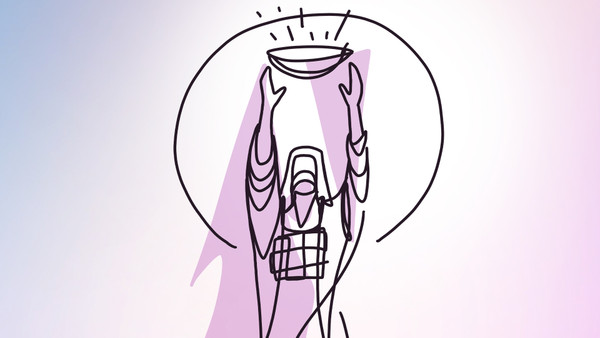

Isaiah 61
What does a restored world look like? The words of Isaiah 61 describe a new creation filled with abundance and ordered by right relationships. In this video, we reflect on the prophet's vision of a new Eden and how it reaffirms God's promises to the people who never lost hope.
Reflect
Who is the author of Isaiah 61 writing to? How would this poem act as an encouragement to these particular people? What encouragement does the poet offer to the nations?
In Isaiah 61, the Messiah says that he will proclaim “the year of Yahweh’s favor.” This is a reference to an ancient Israelite practice called the Year of Jubilee. What is the Year of Jubilee (see Leviticus 25)? And how does this practice point forward to a renewed creation?
Why is the Jubilee also called “a day of vengeance” in Isaiah 61?
What kind of clothes does the Messiah give to the people? What is the significance of the Messiah giving the people anointing oil in addition to this clothing?
Describe the role that these anointed ones will have in bringing about the restoration of the world.
Read Luke 4:14-21. What do you notice? What is the significance of Jesus launching his public ministry with words from Isaiah 61?
Read Revelation 7:9-10, Revelation 21:1-5, and Revelation 22:1-5. What parallels with Isaiah 61 do you see in these passages about the new creation and the ultimate Jubilee?
Downloads
More Videos Like This
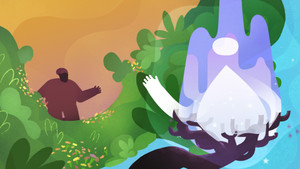
Angel of the Lord
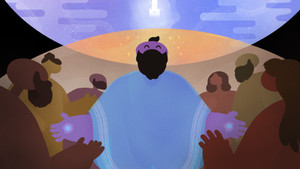
The New Humanity
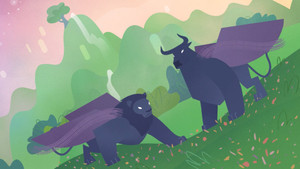
Angels and Cherubim
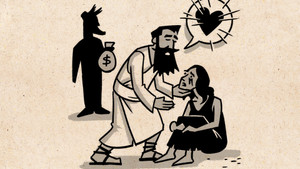
Hosea
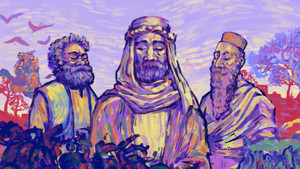
The Prophets
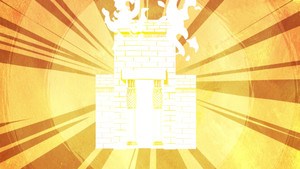
Holiness
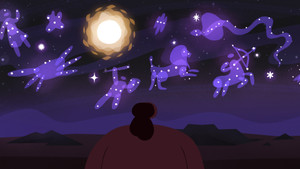
Intro to Spiritual Beings
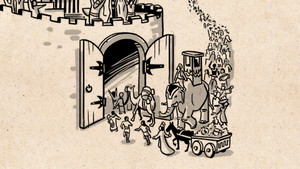
Isaiah 40-66

Divine Council
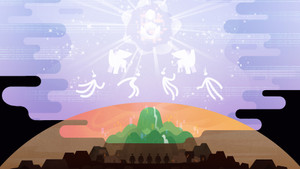
Elohim
